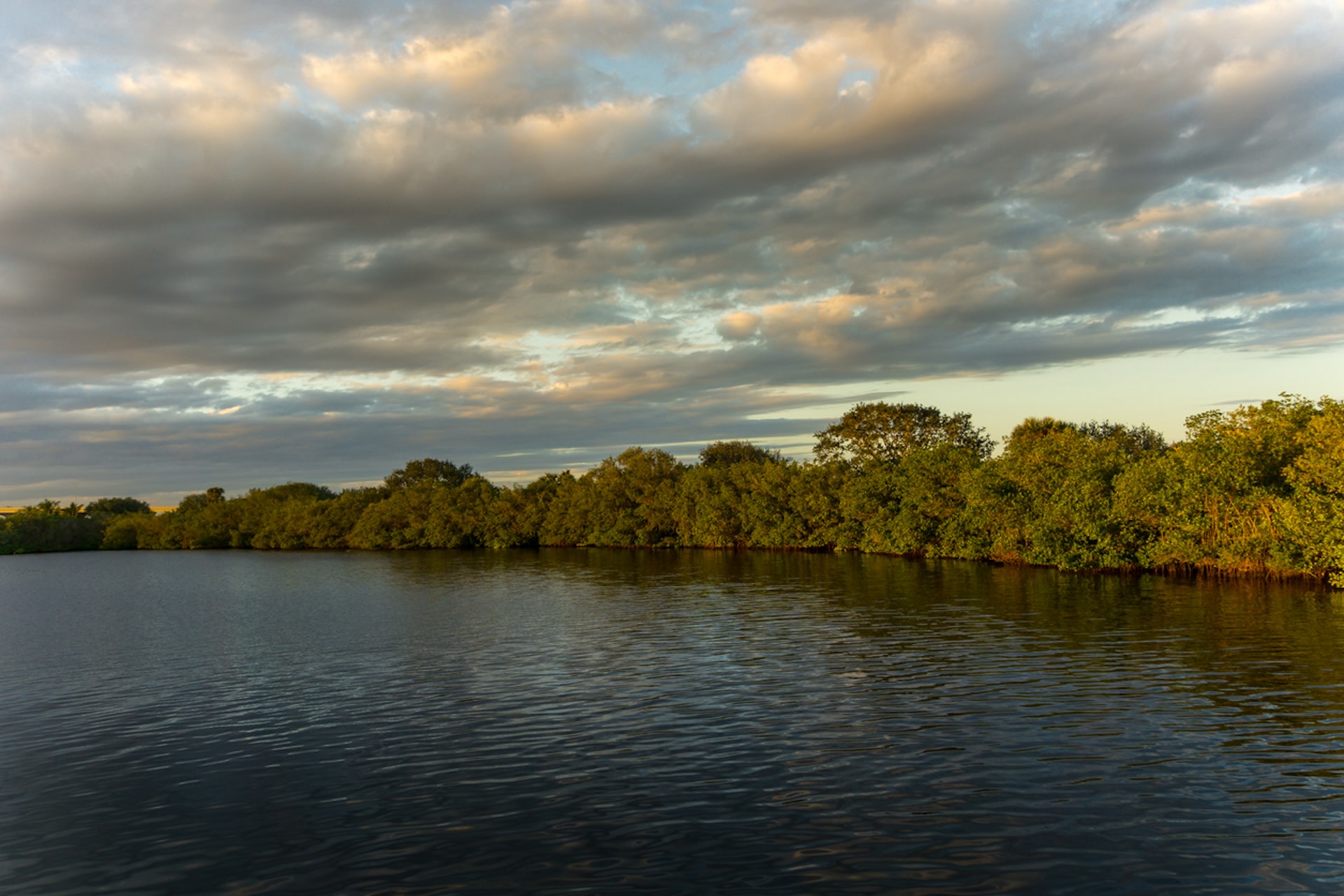From 2019 through 2021, just over 99% of the lakes in the U.S. were exposed to wildfire smoke for at least one day. Now, scientists want to know how all that smoke impacts our lakes.
What's happening?
A new study by nearly two dozen authors, including experts in chemistry, geography, and ecology, sheds light on ubiquitous wildfire smoke coming into contact with our country's lakes.
Researchers found that "99.3% of North America was covered by smoke, affecting a total of 1,333,687 lakes," as per the journal Global Change Biology. Nearly 99% of lakes experienced exposure to wildfire smoke at least 10 days per year.
"That was surprising, even to us," said Mary Jade Farruggia, a Ph.D. candidate in the UC Davis Graduate Group in Ecology and the Department of Environmental Science and Policy and lead author of the study, as per reporting at Phys.org. "With this study, we quantified for the first time the scope of the smoke problem. We show that it's not just a widespread problem, but one that is long-lasting in a lot of places."
Why are lakes exposed to wildfire smoke so important?
The Earth is overheating as heat-trapping gases build up in the atmosphere. This rise in temperatures is fueling wildfires that are becoming more common.
A recent study revealed that extreme wildfire events have more than doubled in frequency and magnitude around the world over the past two decades. Six of the most extreme wildfires have happened in the past seven years.
Wildfire smoke can travel hundreds to thousands of miles, so even lakes that might not typically experience direct burning of the surrounding landscapes are still at risk of smoke exposure. Because of the recent rapid rise in wildfire activity, the impacts of smoke on lakes and other ecosystems have not been adequately studied.
What's being done about increasing wildfires and lakes being exposed to the smoke?
The authors of the new wildfire smoke study believe quantifying the scope of the problem is important, as per Phys.org. They say that the impact of smoke on lakes needs to be considered and managed on a global scale, not just in the immediate areas affected by wildfires.
Their study reviews the mechanisms by which smoke and ash can affect lakes. According to the study, wildfire smoke alters "the amount and spectral composition of incoming solar radiation and depositing carbon, nutrients, or toxic compounds that could alter chemical conditions and impact biota."
The link between our changing climate and increased wildfires highlights the need to reduce toxic pollutants trapping heat. One of the most impactful ways we can all help is by changing how we heat and cool our homes. Weatherizing our houses and switching to an induction burner or stove are places to start.
Join our free newsletter for cool news and cool tips that make it easy to help yourself while helping the planet.









